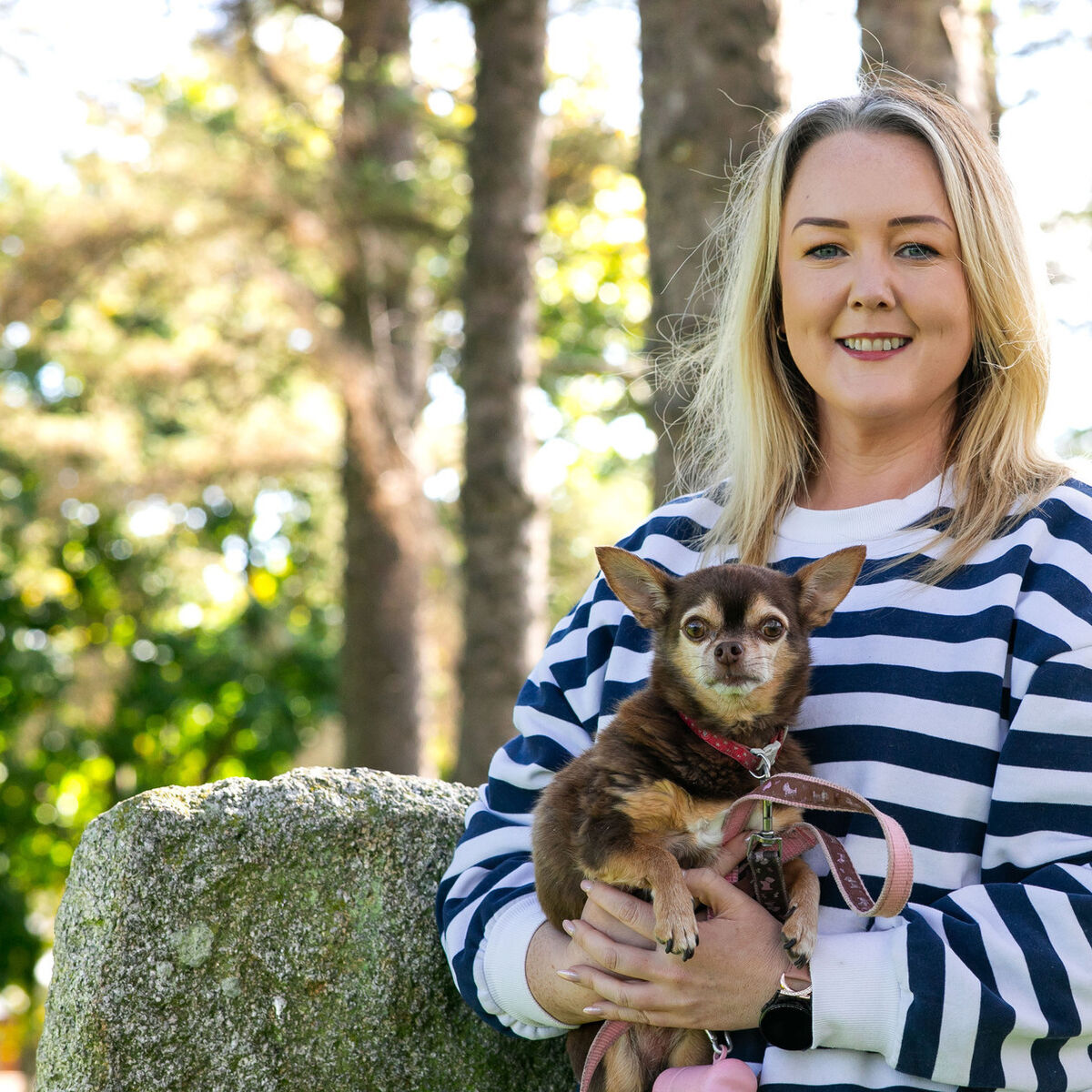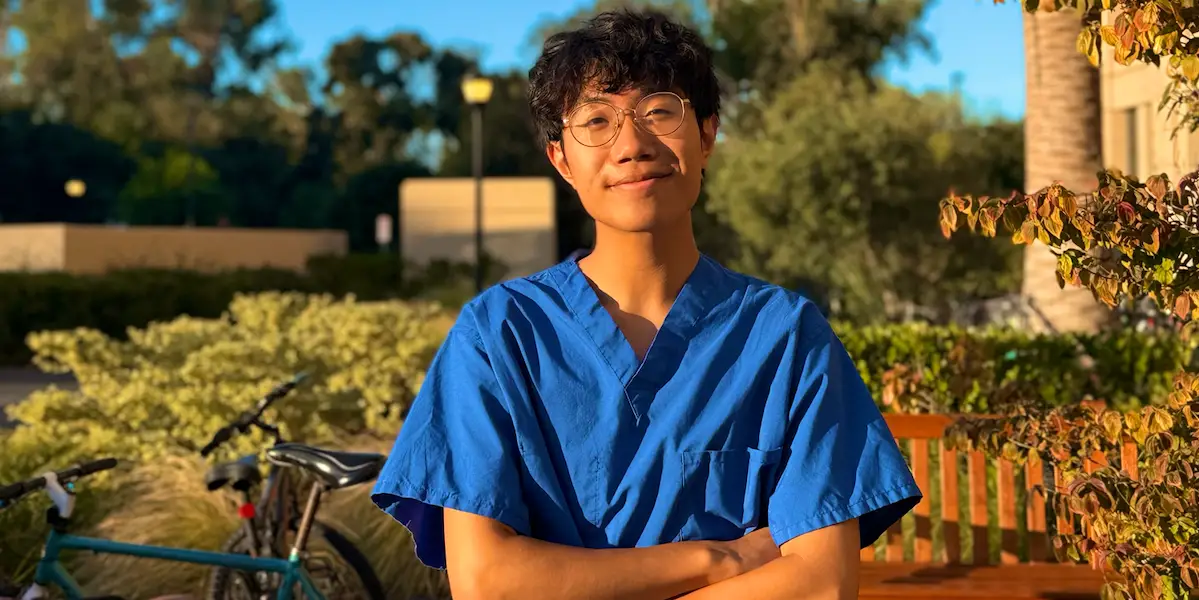By Deirdre McArdle,Irishexaminer.com
Copyright irishexaminer

Her GP initially thought she had a bout of gastroenteritis, but her symptoms persisted. She had a series of tests, but a colonoscopy revealed the problem: Crohn’s disease. “The minute they did that, they could see straight away that I had ulcers in my colon.”
Brannigan was put on steroids, which worked at first. “At that stage, I had lost a huge amount of weight — four stone within the space of four months. On steroids, I started putting that weight back on and feeling good again. Unfortunately, the positive effects of the medication didn’t last very long.”
Within two years, she was back with the doctor’s surgery, exploring other options. She was still at school, but her condition was taking a toll on every aspect of her life. “I stopped eating, because I was afraid to eat. I hated going to school, in case I had to go to the bathroom. I had to be dropped off at school, too, because I couldn’t make the walk anymore. I lost a lot of independence.”
At 17, her doctors recommended surgery to remove part of her diseased bowel in what is called a hemicoloctomy. “They were able to do the surgery, and, thankfully, I didn’t need a stoma. They took half my colon and a foot of my small intestine — there was a small section of my colon that was still slightly diseased, but they were able to control that with steroids at the time.”
Turning point
After the surgery, Brannigan initially felt better, but eight months later her symptoms re-emerged. “We tried everything: The steroids again and different medications, acupuncture and massages, and holistic treatments, anything that would relieve some of the pressure on my body.”
It was difficult to maintain her studies in fashion design at Bray Institute of Further Education, as she was regularly in and out of hospital. “The college was amazing, they did everything they could to help me out. I was doing a three-year course, but they suggested I could do it over four years.”
Once Brannigan left college and started work, she became extremely sick. “For maybe six years, I was constantly in and out of hospital, trying every medication that was on the market.”
She even took part in a clinical trial, which initially showed promise. “I thought I’d found my miracle medication.”
But, again, the relief was short-lived, and after just two doses she had to stop taking the medication. “A few days later, I ended up in the hospital; I was having diarrhoea 60-plus times a day, vomiting at the same time. My potassium levels got so low that they had to monitor my heart, because they were afraid that it might stop. Over the course of my having Crohn’s, I think this was the closest I came to dying.”
Brannigan was now 27 and began asking her doctors for information about stoma surgery, an opening in the abdomen that allows waste to be expelled. “I thought if I want to have any sort of standard of life, I’m just going to have to bite the bullet and ask for this.”
Frank discussions with the surgeon who would be performing the stoma operation helped Brannigan make her final decision. “The surgeon said to me, ‘You’re ready for this, ’ and, six days later, I was in for surgery.”
Her first words to her mother after the surgery were, ‘I’m not in pain anymore.’ “It completely changed my life. I genuinely believe that without the surgery happening when it did, I don’t think I would have survived much longer.”
Approximately 50,000 people are living with inflammatory bowel disease in Ireland.
Patients who undergo a stoma will need time to recover from what is a life-changing surgery, says Eileen Lim Joon, a clinical nurse specialist with Coloplast Ireland, adding that support is an integral part of the recovery process.
Brannigan says it took “up to a year” for her to recover fully from surgery.
“My whole personality changed. I went from being somebody who was sick all the time and stuck in the house to somebody who never wanted to be at home. I wanted to be out. I wanted to climb mountains. I wanted to be running. I became an active person.”
Now aged 38, Brannigan is an operations manager at an energy company, and says she lives “happily” with an ileostomy (or “Lily,” as her family calls it). “I am currently not on any medication for my Crohn’s, but do take vitamin D and B12 supplements.”
Every year on November 17, she celebrates her “stoma-versary” with her family and her partner. “We go for a hike and then have lunch together.”
This year, to mark the decade since she had the operation, she has set herself a task: “I’m taking part in TRYKA, the Irish version of Hyrox. It’s on October 11 and 12 in the RDS, and I’m in training for that now.”
World Stoma (Ostomy) Day is on Saturday, October 4
See coloplast.ie for information on living with a stoma or call 01 9190190



